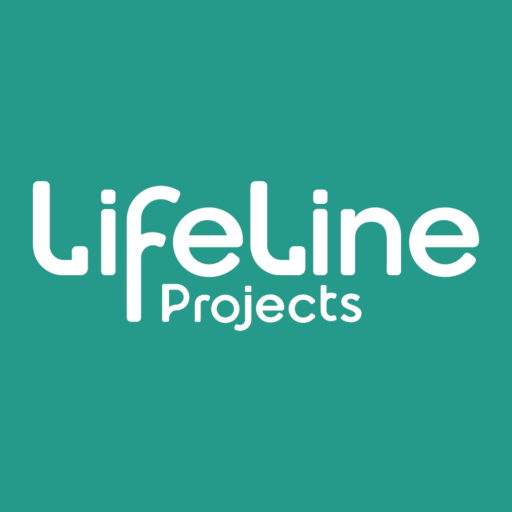In partnership with Havering Mind, our Infant Feeding Support team are supporting new mothers in Barking and Dagenham to take up breastfeeding by building a local support network, holding regular meet-ups and support sessions for new mothers, and providing targeted guidance and support to those in need.
I first met Clare when I was delivering a session for our Infant Feeding Support programme at a local community centre. We hold weekly sessions there that offer new mothers and families a chance to meet up with trained peer supporters—it’s a space to make new friends and share parenting experiences.
Clare was isolated with no friends or family living nearby. She spent most of her weekdays on her own. Her only real chance at conversation was a weekly visit from the NHS midwife. The last time she saw her midwife, she was handed our flyer.
At her first session, Clare was really shy, timid, and nervous, and it was clear she was lonely. But she came back each week and, after about five sessions, she started opening up. She kept coming to the group sessions and occasionally we would have a one-on-one conversation, but she wasn’t confident enough to give me eye contact. She would always look tired and she kept her baby quite close to her. She was obviously exhausted and was doing the bulk of everything on her own.
As a first-time mother, it was only natural to overthink things. But, through the sessions, we supported her with breast feeding, especially the correct positioning for the baby. She was having a lot of pain when feeding and was worried that her baby wasn’t properly gaining weight. She later opened up about suffering from mastitis—a swelling of the breast. Thankfully, it’s not normally something that requires medical treatment, but it seems she was too shy to ask for help at first.
She asked me if I could help her register with a GP surgery. I thought it was strange that she didn’t already have a doctor, being a mother of a new-born. She later explained that she and her husband had just moved into the area, as her husband was starting a course at a London university. I was able to get registered with a GP right away.
As her husband only worked part-time will studying, they are a low-income household. The cost-of-living crisis had a huge impact on her family. As they had had no access to benefits, this had isolated her even further. We were there to make her aware of the support she could receive from the local community. We also pointed her to the local food bank and baby bank, as well supporting her with nutrition, council tax, and debt advice.
The first positive outcome I noticed was when she started interacting with the other mothers in the group. She stopped clutching her child so tightly and made herself a cup of tea. After getting access to services, she was clearly happier and more engaged. She became more open with other mothers, engaging in conversations.
There will always be isolated women who don’t have the confidence to seek help at first. But there are also the assertive mothers who generally know what they’re doing but just need some affirmation, reassurance, and gentle guidance. You really have to be skilful and tactful.
Clare continues to breastfeed. But now she has the confidence to ask for help and support. They say that, if you don’t ask, you don’t get—but some people don’t ask because they think they’re only going to hear a “No”. It’s key that we let them know that the support they need is available one way or another.

Theo, Youth Development Worker
Lorem ipsum dolor sit amet, consectetur adipiscing elit. Ut elit tellus, luctus nec ullamcorper mattis, pulvinar dapibus leo.
We want a better breastfeeding experience for all women. Everyone is going to need help of some help that first time and seeing Clare’s journey has helped me to be more mindful of everyone’s unique situations—not everybody is aware of the many issues around breastfeeding.
It’s important to not assume that mothers know everything—you have to keep communicating with them. It’s always the little things you don’t know, so it’s good to meet in a group setting and to talk and listen.
Caroline Atim
Maternal Health Coordinator



